Luon Launch Apple Home Compatible Hub, Devices, and App
This is something of a new one for HomeKit News; Luon, a company based in Warsaw, Poland, is launching not only an Apple Home compatible app, but a hub and devices, that use a different wireless communication method, labelled LuAIR.
Starting with the company’s hub, dubbed the LuBase, this acts as a gateway for other Luon products. Whilst most hubs on the market for Apple Home utilise Zigbee or occasionally Z-Wave or variants of RF433MHz, the LuBase uses its own take on the ESP-NOW wireless protocol, with their version called (yes, you guessed it) LuAir. ESP-NOW was developed by Expressif and acts in much the same way as Zigbee or Thread, especially as it still occupies the same 2.4GHz wireless range. The hub also makes use of the latest ESP-32-S3 chip, ensuring fast and accurate operation.
What makes this hub different from some others is that it uses their own operating system, called luonOS (…) that claims to be a closed and totally local system, that communicated directly, and only with, Apple Home. So there are no servers to connect to, and for this reason the whole system can work offline, and remain totally with your own network. Any data that the hub collects is stored solely on the hub itself (for up to five years) and is not sent to any external servers or locations.
The hub also uses a built in AN connection, but once again uses its own wired communication standard, called (are you ready?) LuLine. Luon state that communication speeds between child devices and the company’s own app occur in a fraction of a second, so seemingly in line with Zigbee and Thread it would seem.
Currently, the company only has the aforementioned LuBase, and LuBulb, an E27 colour light bulb offering 806lm/9W. It also offers cool to warm whites, although its not clear if the bulb would be compatible with Apple’s own Adaptive Lighting feature.
Luon’s website does list other products, like LuTouch a four button controller that also comes with a both a built-in temperature sensor, and a sound-based presence sensor. It’s powered by an internal rechargeable battery. Each of the four buttons offers three button press types – single, double and long press – as standard. What’s more interesting is that it comes in both a mobile and wall mounted variant, with the latter also able to work in a wired or wireless capacity.
The LuModule Pro is designed to typically work behind devices like light switches, and can control two separate lighting circuits, offering energy monitoring features via the Luon app. However, it can also be used to control devices such as electric window coverings, like blinds or shutters, as well garage doors, wall outlets and much more.
Finally, the LuPresence is in fact a smart button, that happens to also contain sensors for motion, presence, light intensity, and temperature! Just like the four button LuTouch, this device can be powered by batteries or permanently powered. However, the ‘presence’ is not of the ind we’ve been seeing more of lately, which use mmWave technology, so the presence in this case uses a combination of both sound and motion to detect presence, so it’s more akin to occupancy sensors we’ve seen in some older devices. The sound and motion sensors can work in tandem or be programmed to work independently of each other.
Whilst it’s compatible with Apple Home only at present, Luon state that Matter compatibility for the LuBase is coming at a later date.
Luon also has its own app that works directly with Apple Home, called LuHome. As it’s a Apple Home compatible app, all of your Apple Home and Matter devices will show up in the app, much like any other third-party HomeKit app. Also like some of these third-party apps, LuHome offers advanced functionality not typically found in the standard Apple Home app, with features like watching multiple live streams from your cameras, and storing Apple Home and Matter QR codes from your devices directly in the app. You can also choose to hide specific devices or scenes if they’re seldom used, and they offer a ‘snapshot’ feature, that allows you to set or adjust a device’s state, and take a ‘snapshot’ of the state to create a new scene quickly. It’s also available for both iPadOS and macOS (M1 processors and newer). The app is mostly free, but does require a monthly or yearly subscription for creating automations in the app. There’s no fee if you own the company’s hub, however.
You can read more about the company and its products via their website, available in English, German, and Polish.

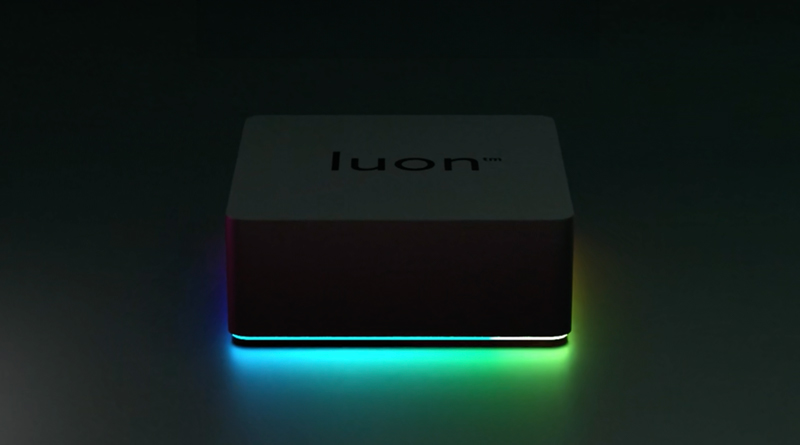
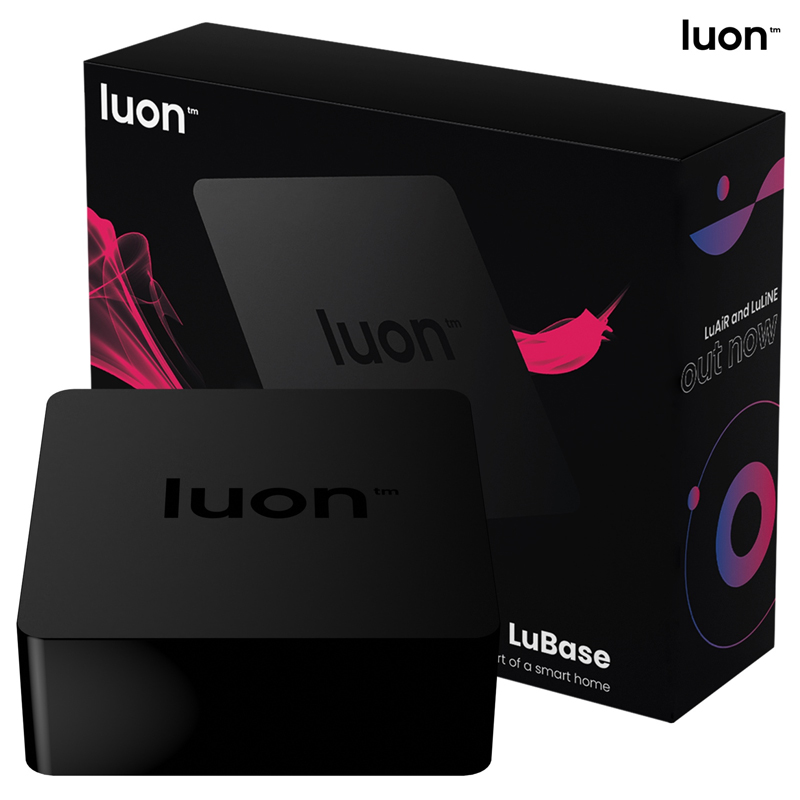
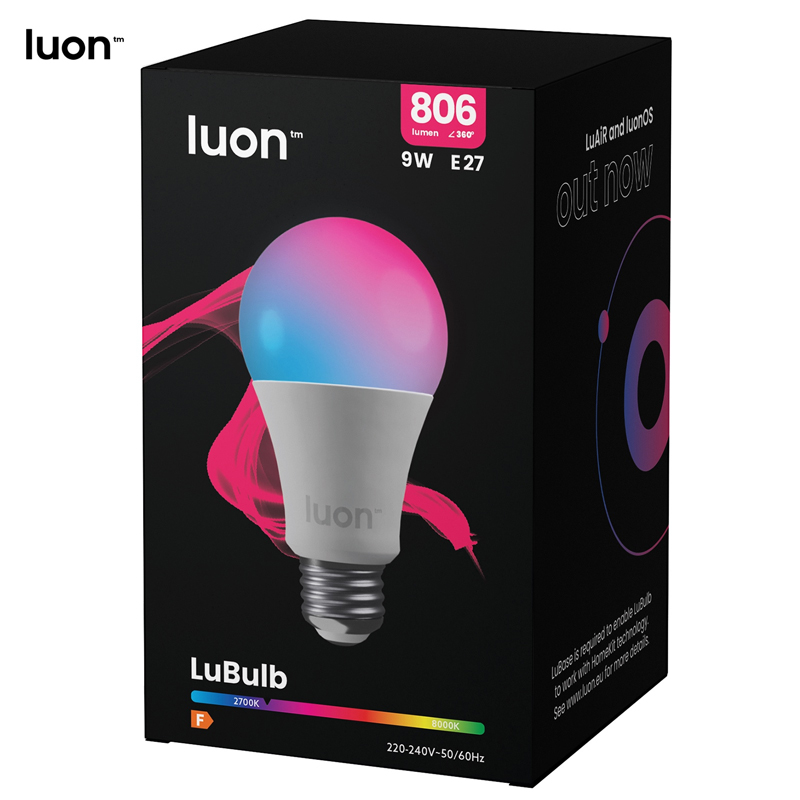
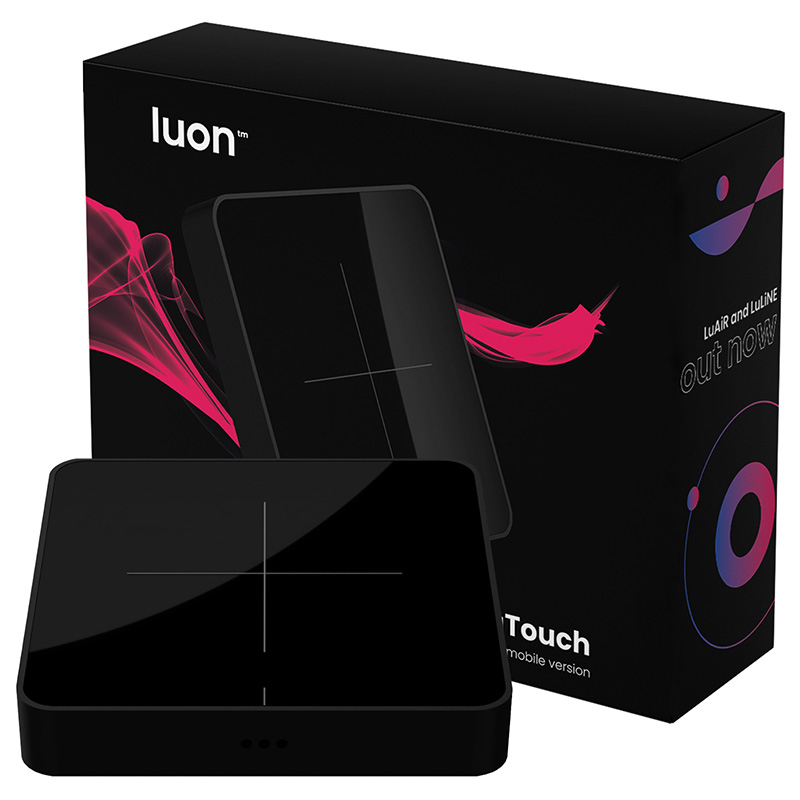
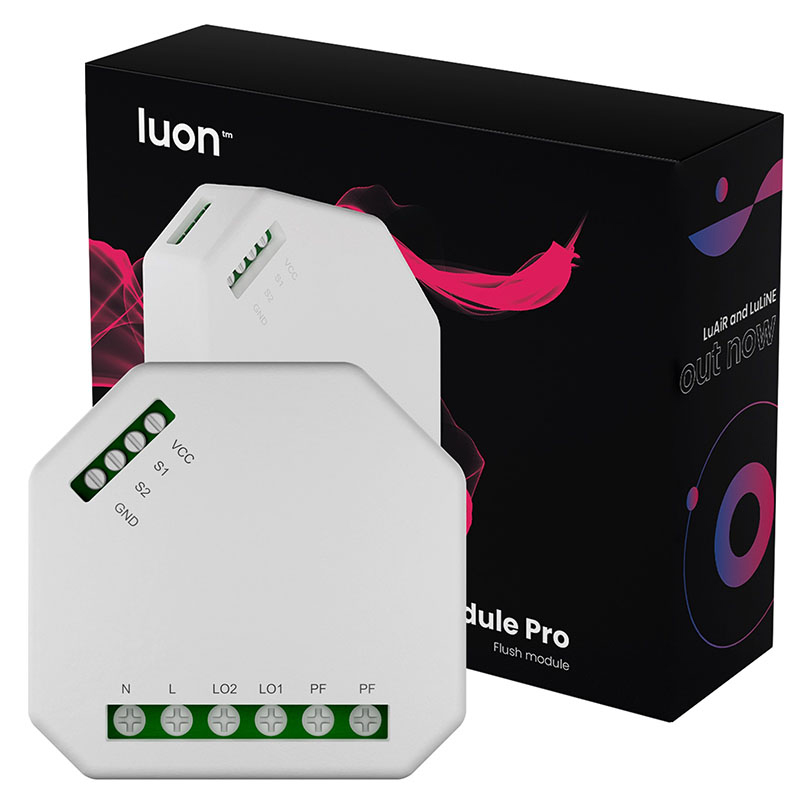
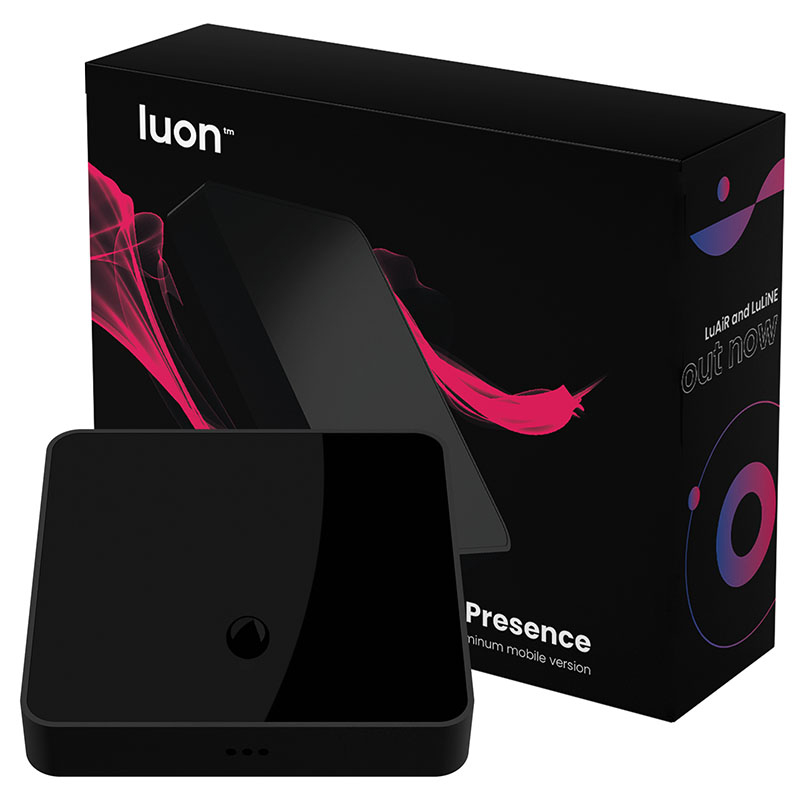
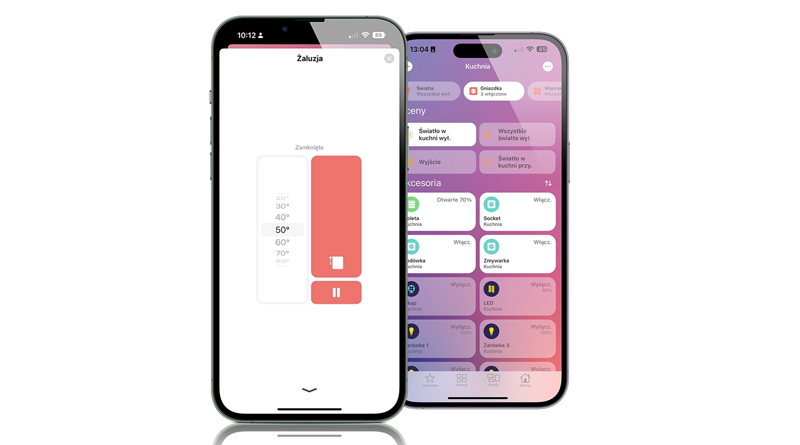

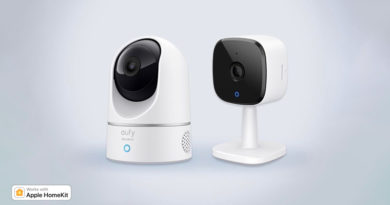
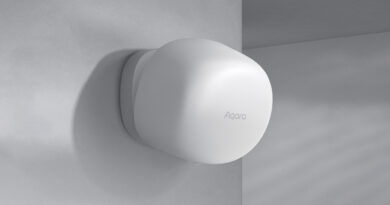
Pingback: Luon presenta Hub, dispositivos y aplicación compatibles con la integración de Apple - Domótica en Casa
Pingback: Luon presenta Hub, dispositivos y aplicación compatibles con la integración de Apple - Edubox.org
Pingback: Luon presenta Hub, dispositivos y aplicación compatibles con la integración de Apple -
Pingback: Luon Launch Apple Home Compatible Hub, Devices, and App - Homekit News and Reviews - Apple News
the best Smart Home!
Pingback: Polska Luon lanserar Apple Home-kompatibel hubb
the system is very impressive
Pingback: 【スマートホームニュース】Apple Home対応新ハブ・Samsung Food Vision AI・LG ThinkOn | スマートホームBASE